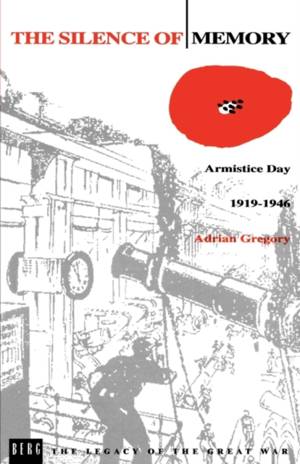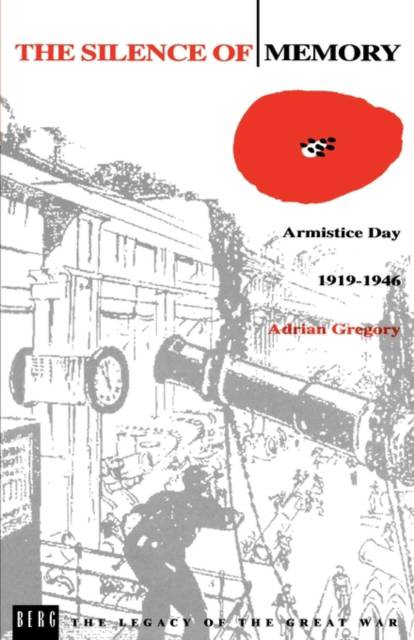
Je cadeautjes zeker op tijd in huis hebben voor de feestdagen? Kom langs in onze winkels en vind het perfecte geschenk!
- Afhalen na 1 uur in een winkel met voorraad
- Gratis thuislevering in België vanaf € 30
- Ruim aanbod met 7 miljoen producten
Je cadeautjes zeker op tijd in huis hebben voor de feestdagen? Kom langs in onze winkels en vind het perfecte geschenk!
- Afhalen na 1 uur in een winkel met voorraad
- Gratis thuislevering in België vanaf € 30
- Ruim aanbod met 7 miljoen producten
Zoeken
€ 93,45
+ 186 punten
Uitvoering
Omschrijving
This book examines how the British people came to terms with the massive trauma of the First World War. Although the literary memory of the war has often been discussed, little has been written on the public ceremonies on and around 11 November which dominated the public memory of the war in the inter-war years. This book aims to remedy the deficiency by showing the pre-eminence of Armistice Day, both in reflecting what people felt about the war and in shaping their memories of it. It shows that this memory was complex rather than simple and that it was continually contested. Finally it seeks to examine the impact of the Second World War on the memory of the First and to show how difficult it is to recapture the idealistic assumptions of a world that believed it had experienced 'the war to end all wars'.
Specificaties
Betrokkenen
- Auteur(s):
- Uitgeverij:
Inhoud
- Aantal bladzijden:
- 256
- Taal:
- Engels
- Reeks:
Eigenschappen
- Productcode (EAN):
- 9781859730010
- Verschijningsdatum:
- 16/08/1994
- Uitvoering:
- Paperback
- Formaat:
- Trade paperback (VS)
- Afmetingen:
- 141 mm x 221 mm
- Gewicht:
- 331 g

Alleen bij Standaard Boekhandel
+ 186 punten op je klantenkaart van Standaard Boekhandel
Beoordelingen
We publiceren alleen reviews die voldoen aan de voorwaarden voor reviews. Bekijk onze voorwaarden voor reviews.









